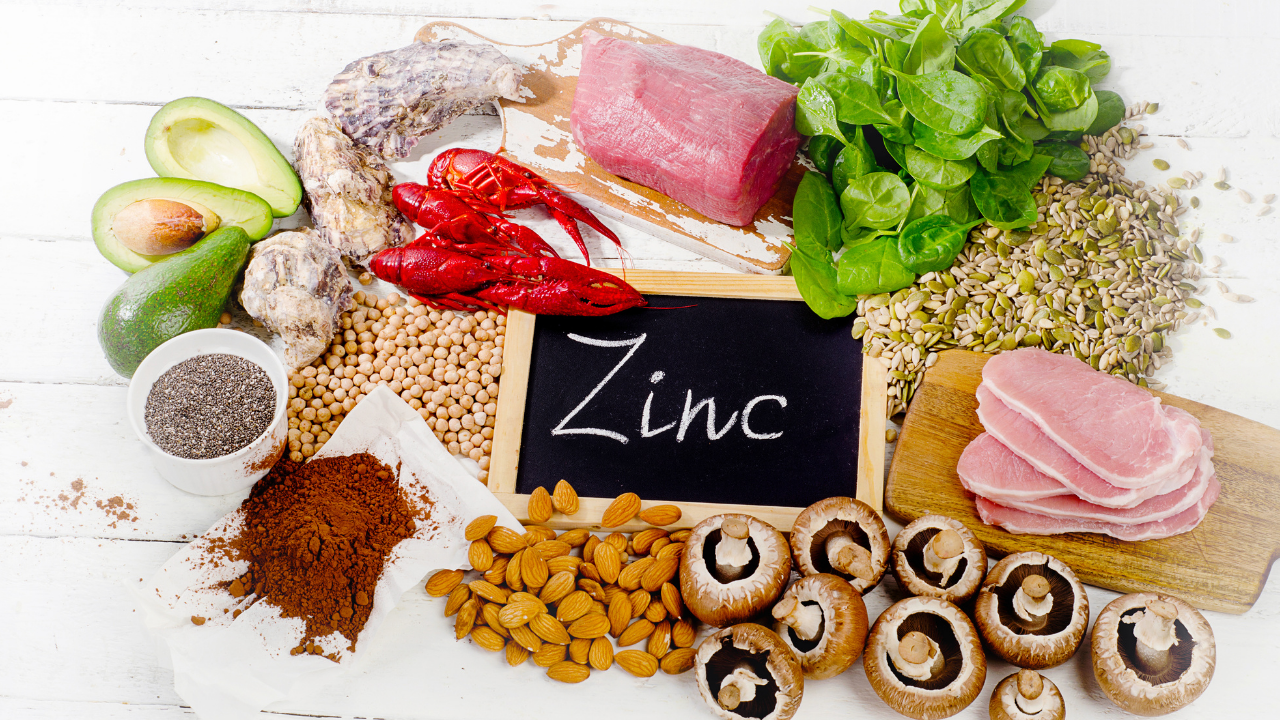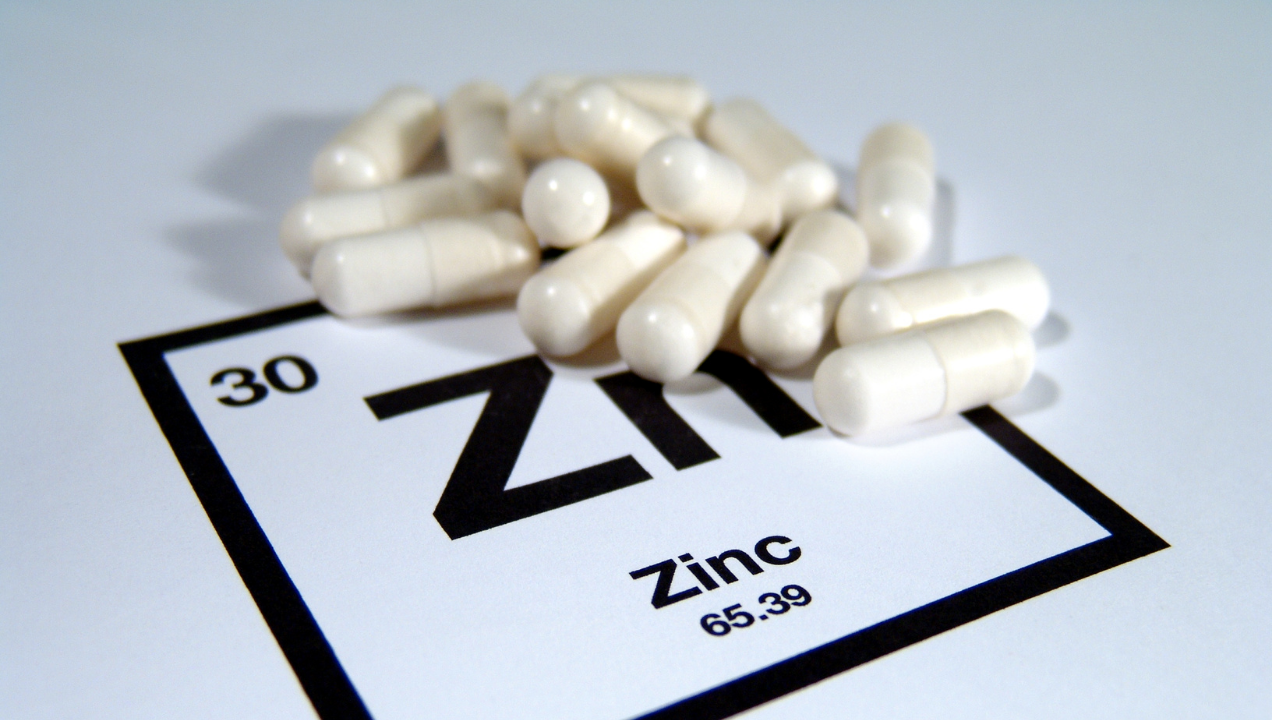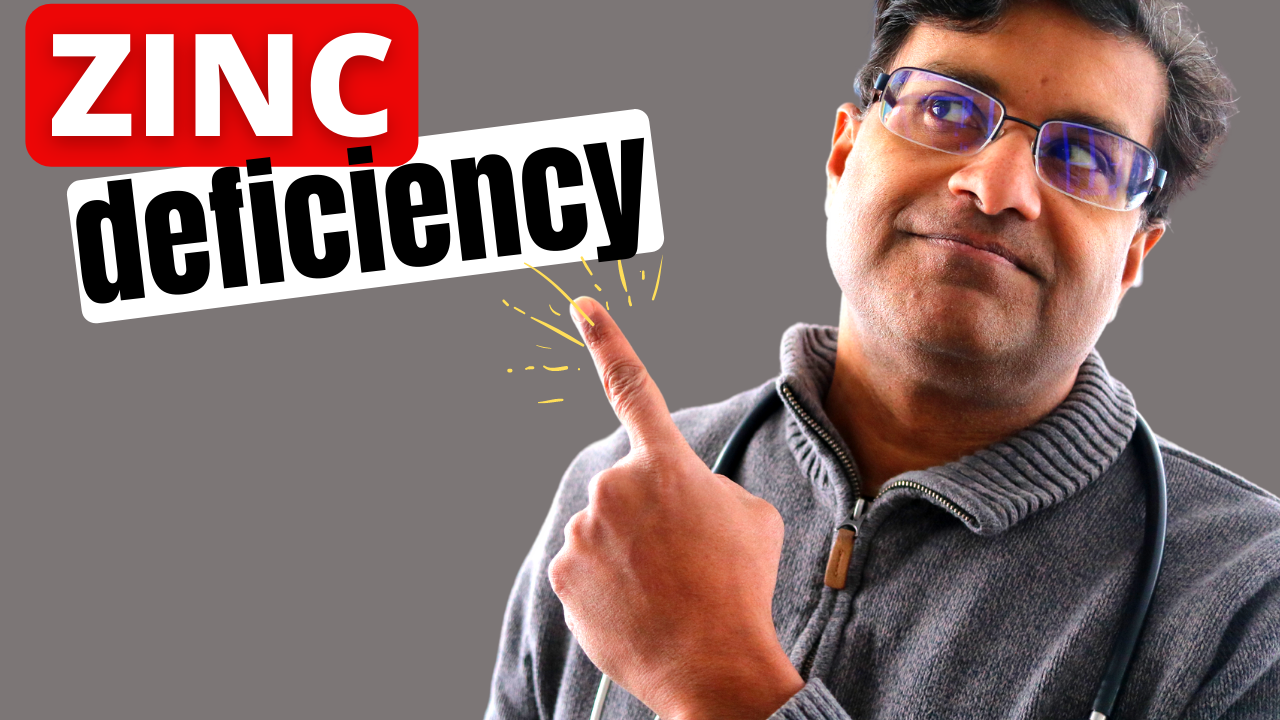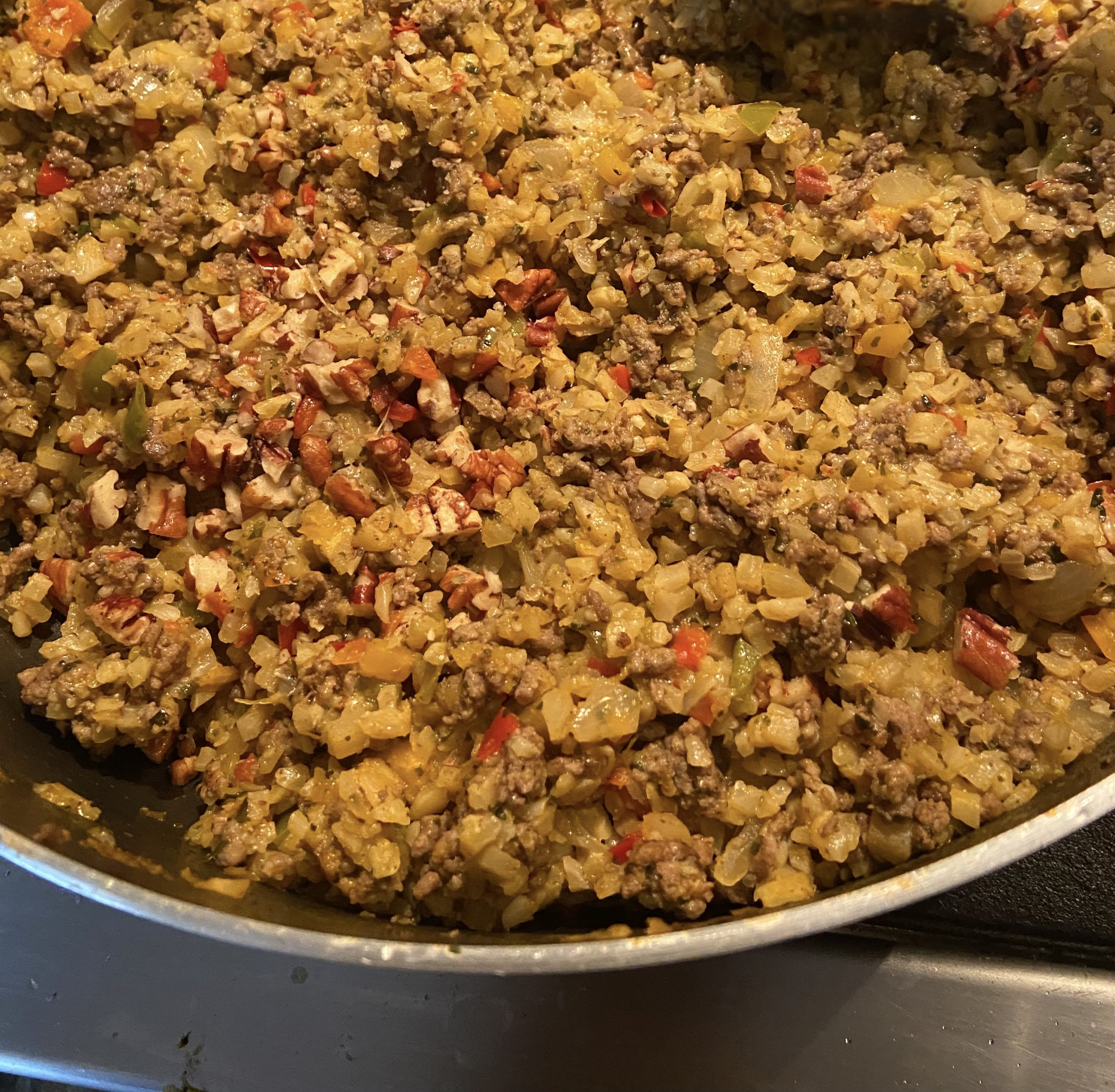What is Zinc?
Zinc is a nutrient. In fact, Zinc is referred to as an essential nutrient as your body is unable to produce it. You will have to get it through dietary means, that is the food you eat.
Why is Zinc important?
Zinc plays an important role in a variety of functions in your body such as:
- Promoting your immune system. It can help reduce infections (such as colds, pneumonia)
- Wound healing (making Zinc important for your skin)
- DNA synthesis
- Protein healing
- Growth & development during pregnancy, as a child and in adolescence
- Zinc also plays a role in your taste and smell function.
- Helps with your eye health
How much Zinc should you take in with your diet?
The recommended daily intake in your diet per NIH is 11mg for men and 8-9 mg for women daily.
Zinc can be found both in animal and plant sources. Here are some examples of food and the Zinc content in milligrams per serving:
- Oysters (cooked, breaded, and fried) 3 ounces 74 mg/serving
- Lobster cooked, 3 ounces: 3.4mg/serving
- Baked beans 2.9mg/serving
- Chickpeas cooked ½ cup 1.3mg/serving
Here is a list of foods which are good sources of zinc:

- Red meat such as pork, lamb, or beef
- Shellfish such as crab and in particular oysters
- Legumes such as lentils, beans, or chickpeas
- Seeds such as pumpkins seeds, squash seeds or sesame seeds
- Nuts such as cashews, peanuts, or almonds. Nuts have a bonus as a good source of healthy fats and fiber.
- Dairy such as milk or cheese
- Eggs
- Whole grains such as oats or rice
- Certain vegetables such as green beans or potatoes
- And even dark chocolate
Who are at risk for zinc deficiency?
Vegetarians
- Pregnant women
- Individuals with GI diseases such as Crohn’s disease or ulcerative colitis
- Individuals after GI surgery
- If you have sickle cell disease
- If you drink alcohol excessively
What are some Zinc deficiency symptoms?
Zinc deficiency is rare, however if you do have deficiency, It can cause following symptoms.
- Here are ten you should be aware of:
- Impaired wound healing
- Skin rashes
- Chronic diarrhea
- Loss of appetite
- If growing impaired growth and development
- Hair loss
- Eye and skin lesions
- Taste abnormalities
- Impotence
- Mental fatigue
Can your health care provider test for zinc deficiency?
Your health care provider will ask you about your dietary history, medical history as well as complete a physical examination. Depending on this information they will determine if additional testing is required.
Lab tests which test for zinc deficiency are not reliable as zinc is found in different parts of your body and not only in your plasma. And even if plasma levels are drawn one must consider the state of inflammation (whether acute or chronic) of an individual as well as their albumin levels.
Zinc supplementation

The natural source of Zinc is from your diet. If you need supplementation discuss this with your health care provider who can give appropriate advice. Examples of forms of Zinc which can be used as supplements are Zinc sulfate, Zinc acetate or Zinc gluconate. Zinc oxide is not recommended as it is poorly absorbed. Now the upper limit of Zinc daily should not exceed 40 mg daily(elemental zinc.)
What are signs if you take in too much Zinc?
These would include Gi symptoms such as nausea & vomiting, diarrhea, and stomach pain. You can get headaches too.
If you do so by taking food or supplements you can inhibit copper absorption. This can lead to copper deficiency in your body resulting in anemia, affecting your immune system, and even reducing your good cholesterol called HDL.
If you do take in Zinc, take it at least 1 hour before a meal and 2 hours after a meal.
Zinc supplements can also interfere with antibiotics such as Ciprofloxacin or Doxycycline. It can interfere with the absorption of penicillamine which is used to treat rheumatoid arthritis. Diuretics such as HCTZ can also increase urinary excretion of zinc.
If you look carefully at the labels of some of the OTC medications zinc can be found. It is found in multivitamins, cold lozenges, nasal sprays, and some homeopathic medications. This is because as I mentioned earlier that zinc has been found to be helpful in fighting off infections
You can watch the entire YouTube video here.
Sources:
- https://pubmed.ncbi.nlm.nih.gov/
- https://www.healthline.com/nutrition/
- https://www.healthline.com/health/zinc
- https://ods.od.nih.gov/factsheets/
- https://www.nutritionletter.tufts.edu
- https://ods.od.nih.gov/factsheets/Zinc-Consumer/




